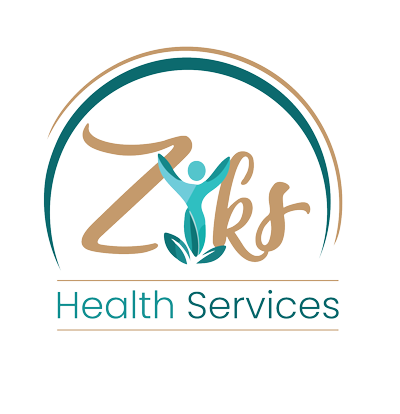Cognitive assessment helps identify cognitive impairment – lack of knowledge, judgment, or thought process. If the psychiatrist suspects cognitive impairment, the cognitive assessment can provide a more comprehensive analysis by gauging the neuropsychological domains.
It’s a short, quick test that checks how well the brain is functioning. Rather than diagnosing specific diseases, it helps identify whether an individual needs more in-depth testing. The assessment involves simple questions and tests.
Reasons You Need Cognitive Assessment
Older people undergo routine cognitive assessments during wellness checkups as they’re at a higher risk for conditions that cause cognitive impairment. Most mild conditions can be treated or slowed down by early detection, so older adults should get tested regularly.
People with Alzheimer’s and dementia should specifically get cognitive assessments. However, healthcare specialists recommend cognitive assessments to people of all ages because age is not the only factor leading to cognitive impairment.
Seek a cognitive assessment if you notice any of these symptoms – forgetting social events or appointments, misplacing objects at home, difficulty remembering movies and names, repeating questions, getting lost frequently, having difficulty understanding information, irritability, and anxiety.
What a Cognitive Assessment Shows
Cognitive Assessment doesn’t show the condition that’s causing cognitive impairment or how severe it is. It indicates whether you need further testing to understand what may be causing cognitive impairment.
Providers often conduct a cognitive assessment to check if you have mild cognitive impairment (MCI) – the phase between the beginning of dementia and the normal aging process. Functional and memory changes characterize MCI, but it’s not life-changing. If an individual is diagnosed with it, the doctor will further monitor their cognitive state to ensure it’s not declining.
Types of Cognitive Assessment
- Montreal Cognitive Assessment (MoCA) – the person memorizes a short word list, copies shapes, names objects in the pictures, and performs other tasks.
- Mini-Mental State Exam (MMSE) – the person is asked to count backward, state the date, and identify objects in the room.
- Mini-Cog – the person is asked to memorize and recall a list of three unrelated words and draw a circle clock. They add all time points to the clock and draw hands to show the specific time.

If you’re experiencing symptoms related to cognitive impairment, immediately schedule a cognitive assessment with professionals at Ziks Health Services in New Mexico or Dallas, TX.
You can also contact us for a telepsychiatry appointment because we offer a broad range of telehealth behavioral health services for patients looking to improve their health from the comfort of their homes.
Call us to learn more about our psychiatric services, depression treatment, psychiatric medication management, and more.

